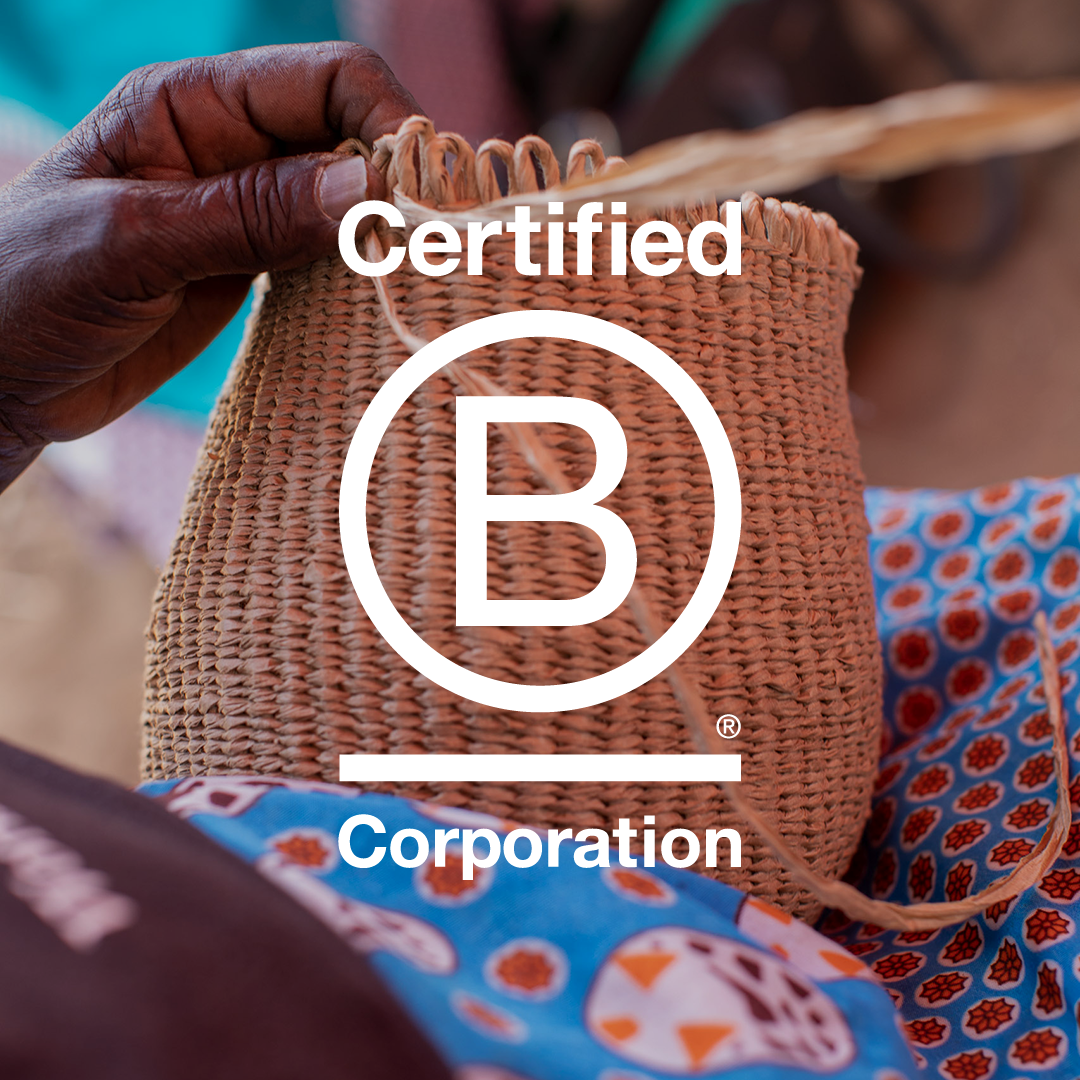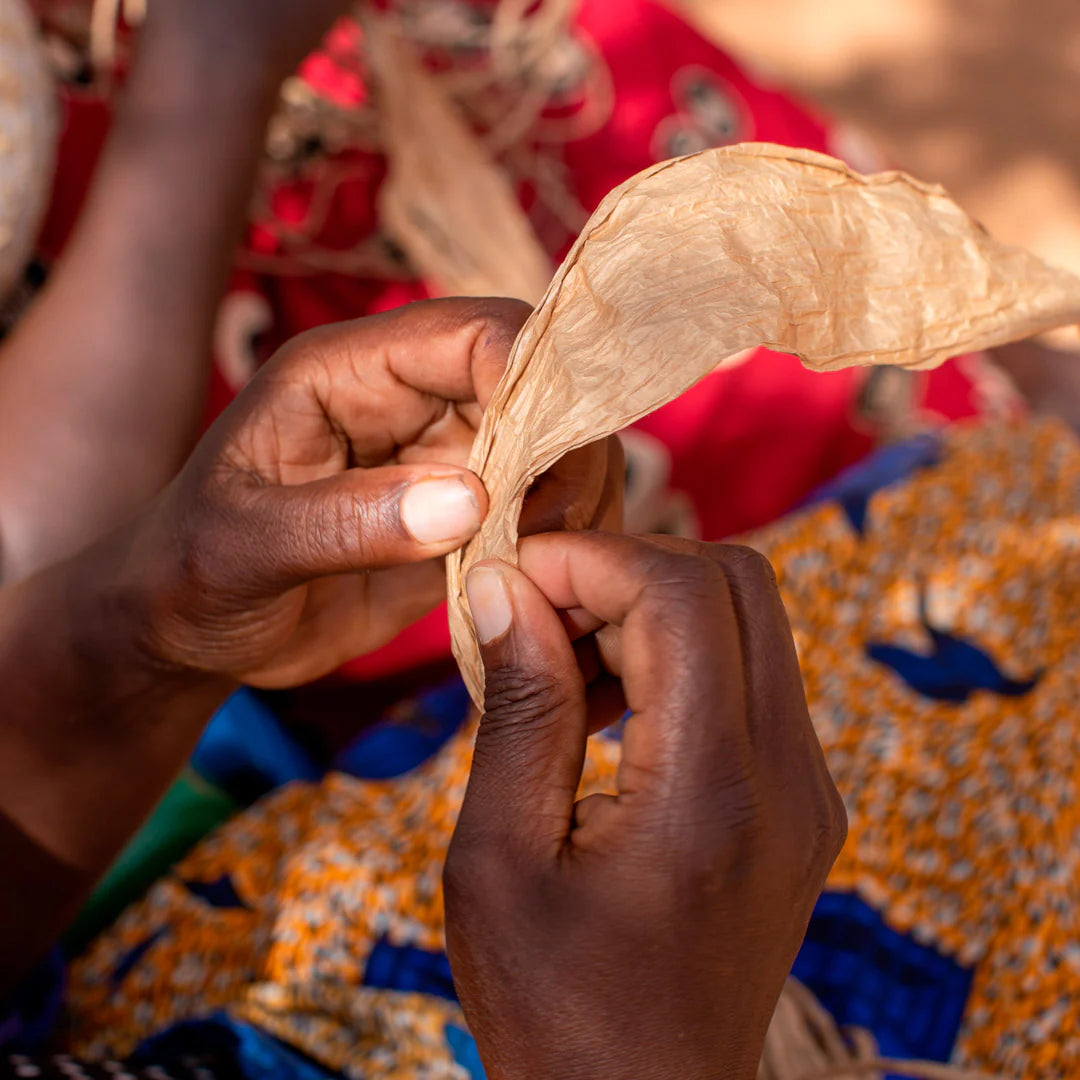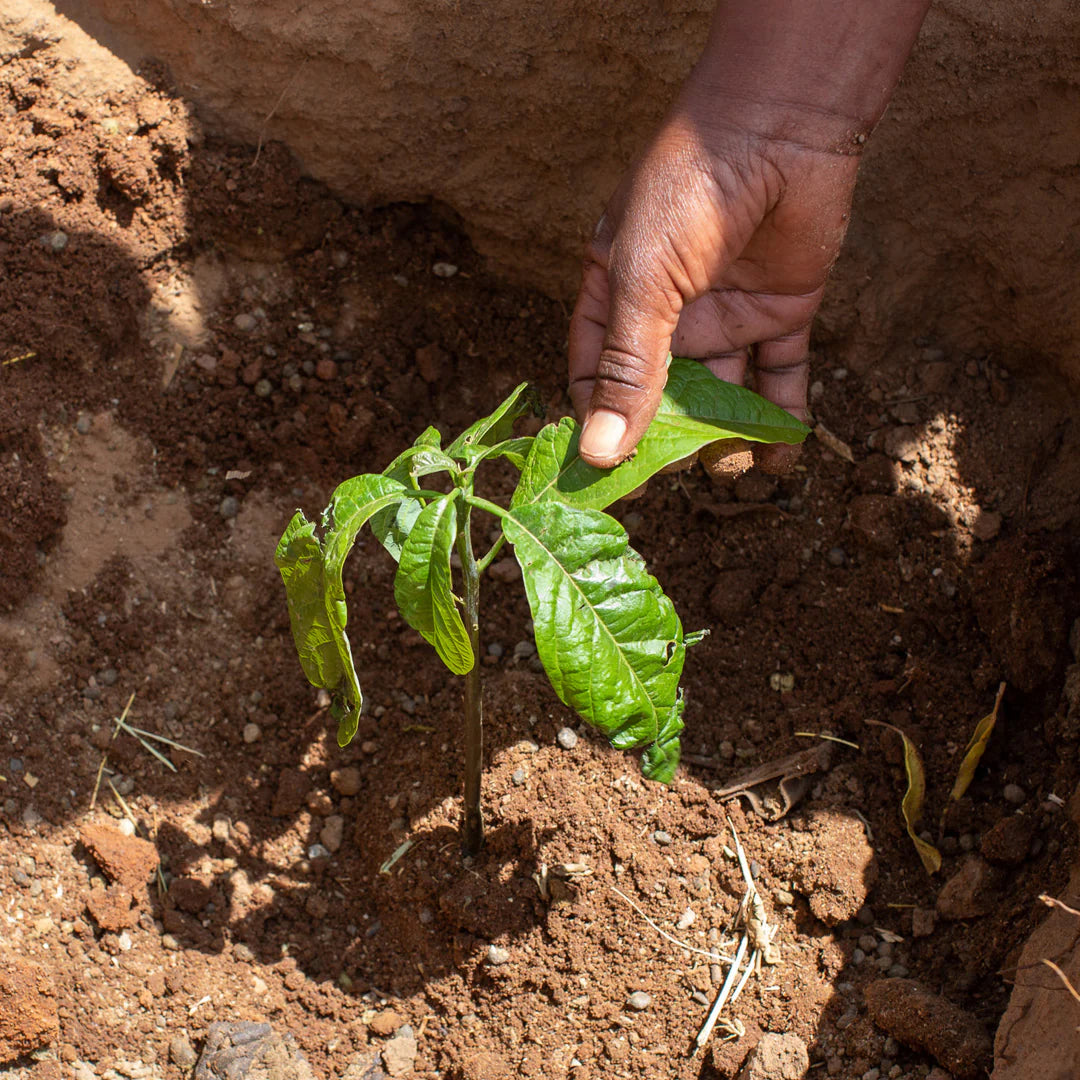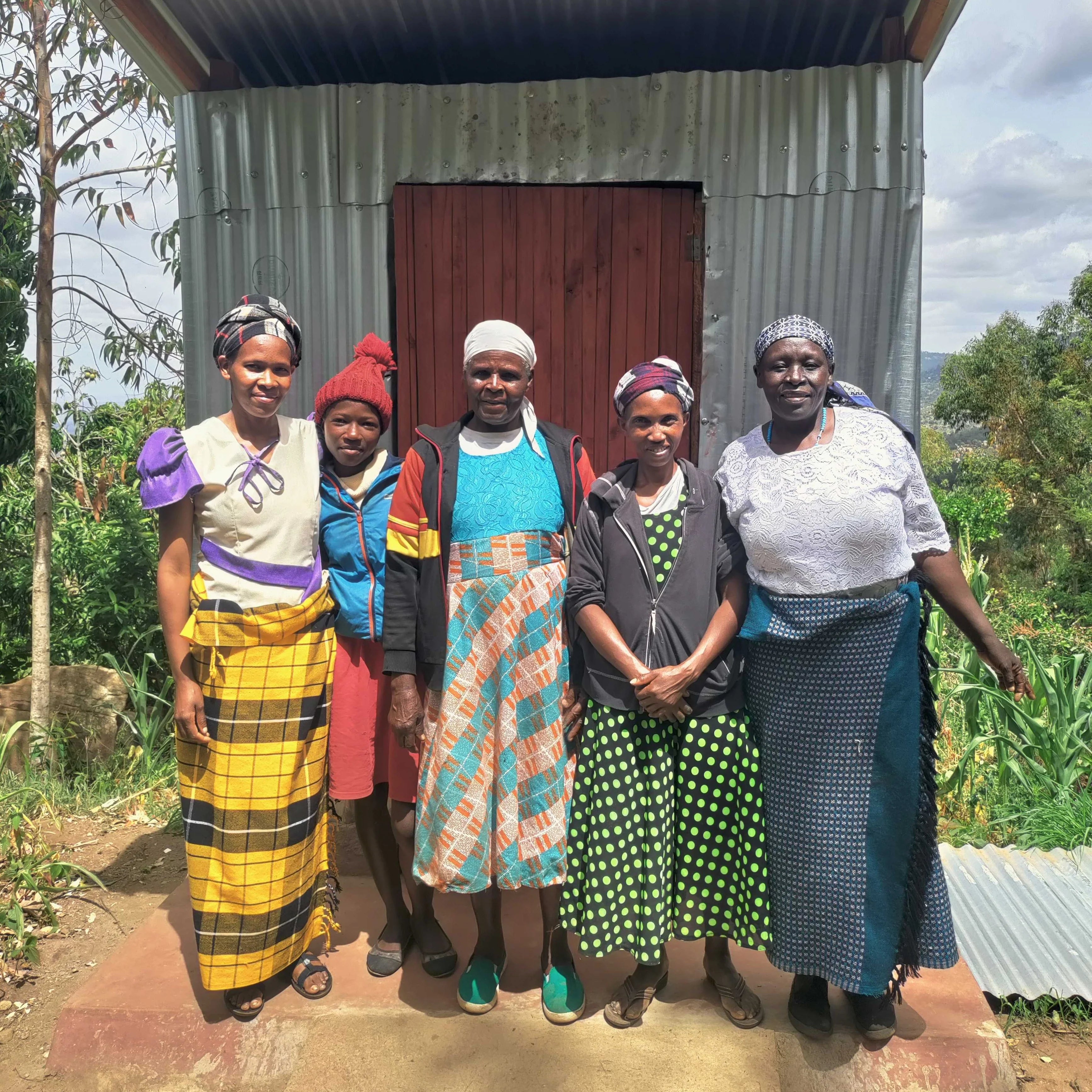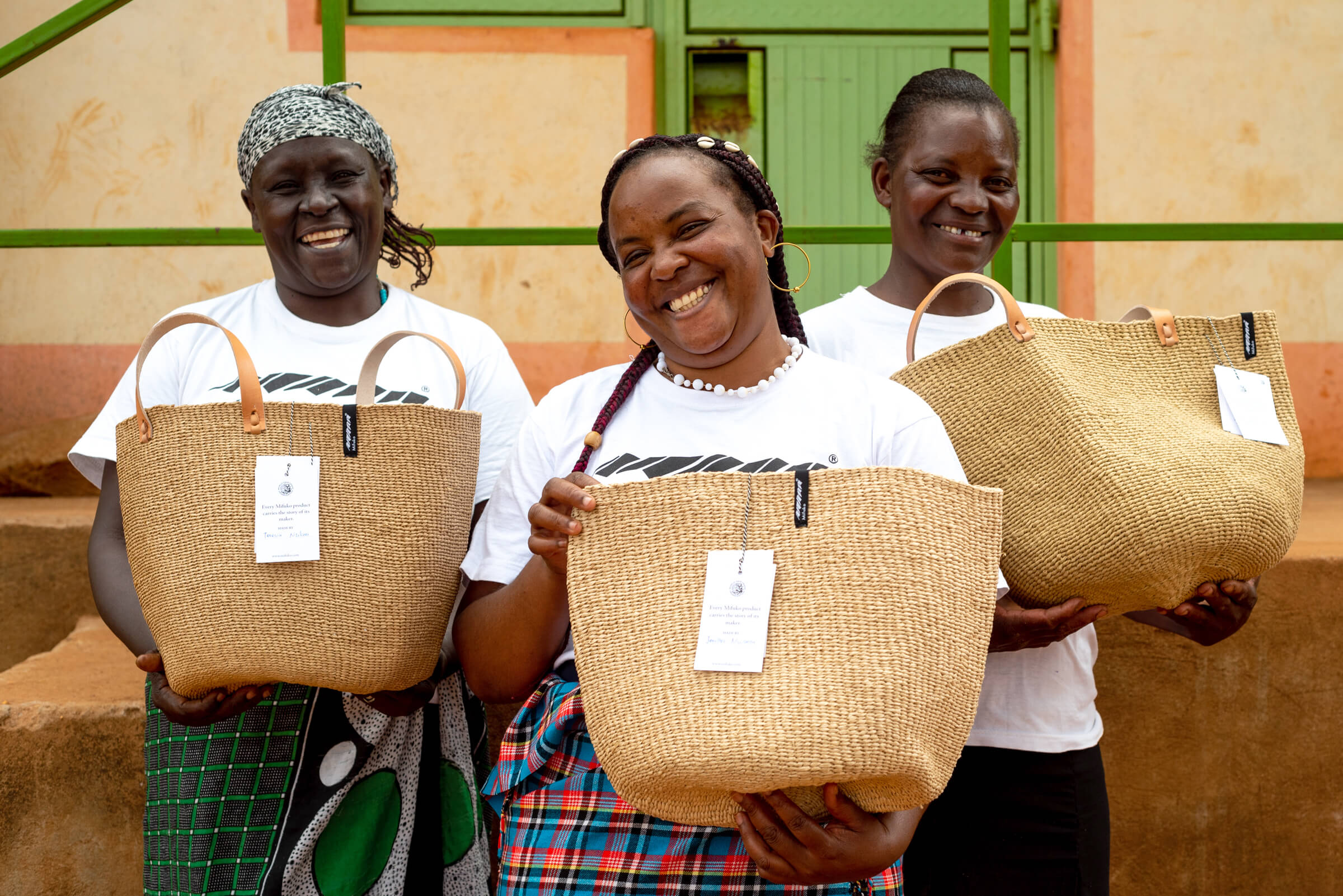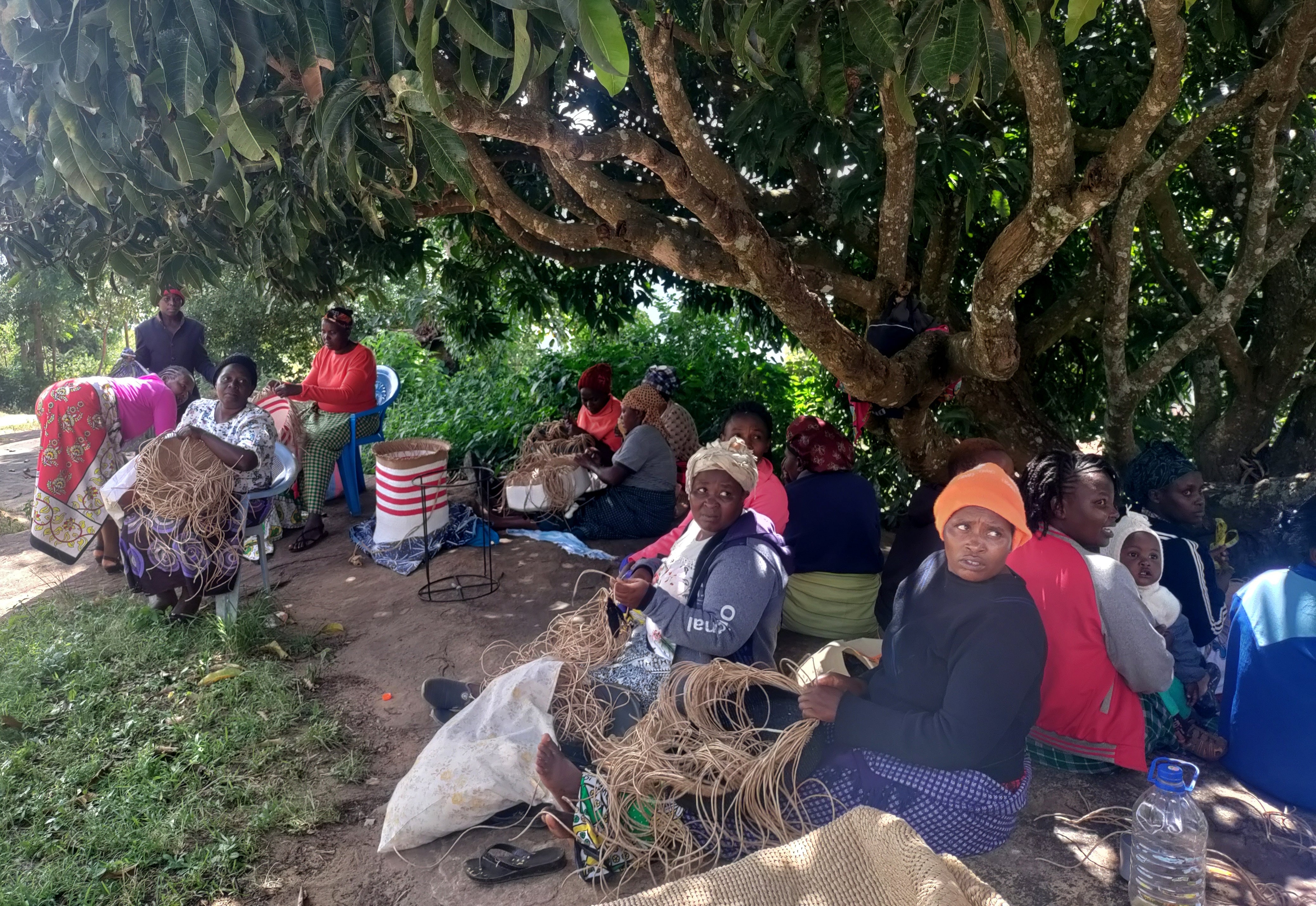Authors Jacinta Peter and Anita Lintula
At Mifuko Trust, we are committed to empowering women and building sustainable livelihoods in rural Kenya. Our latest initiative, Sowing Equality - Gender-Transformative Strategies for Climate-Smart Agriculture, is harnessing the power of digital tools to support gender equity and regenerative agriculture.
Why Digital Tools Matter for Rural Women
Before real change can happen, we need data. For Sowing Equality, we began with a baseline survey and gender and social inclusion analysis—mapping farming practices, income sources, and household well-being.
To collect this data in even the most remote areas, we use KoBoToolbox, a free and open-source platform that works both online and offline. It allows our team and local enumerators to create mobile forms, collect data on the ground, and upload it when internet access is available. It’s also used in our WASH and Grow! project to monitor the growth of trees planted by agroforestry ambassadors.

Voices from the Field: Eunice’s Story
Women in rural areas often have less access to digital tools. According to IFAD, they’re less likely than men to own mobile phones or use the internet. But tools like KoBoToolbox can help close that gap. Take Eunice Musyoka, one of our local enumerators:
“The app is easy to learn. It works well offline, which is helpful in remote areas. Uploading data is simple and affordable. It’s much smoother than using paper forms.”
— Eunice Musyoka, local enumerator (25)
Her experience shows how even basic digital tools can build valuable skills and confidence among young women.
Digital Inclusion is Gender-Transformative
Digital access can transform lives. With the right tools, farmers can check market prices, get weather updates, access farming advice, and manage finances through mobile banking. For women, it also opens doors to leadership, employment, and decision-making.
But there are still barriers—limited access to devices, poor connectivity, and lack of training. To truly close the digital gender gap, we need:
1. Affordable phones and internet
2. Training in local languages, based on real-life examples
3. Technology that fits women’s daily routines
Equipped with the right tools and support, women like Eunice are not only building new skills—they’re becoming catalysts for gender-transformative change in their communities.






